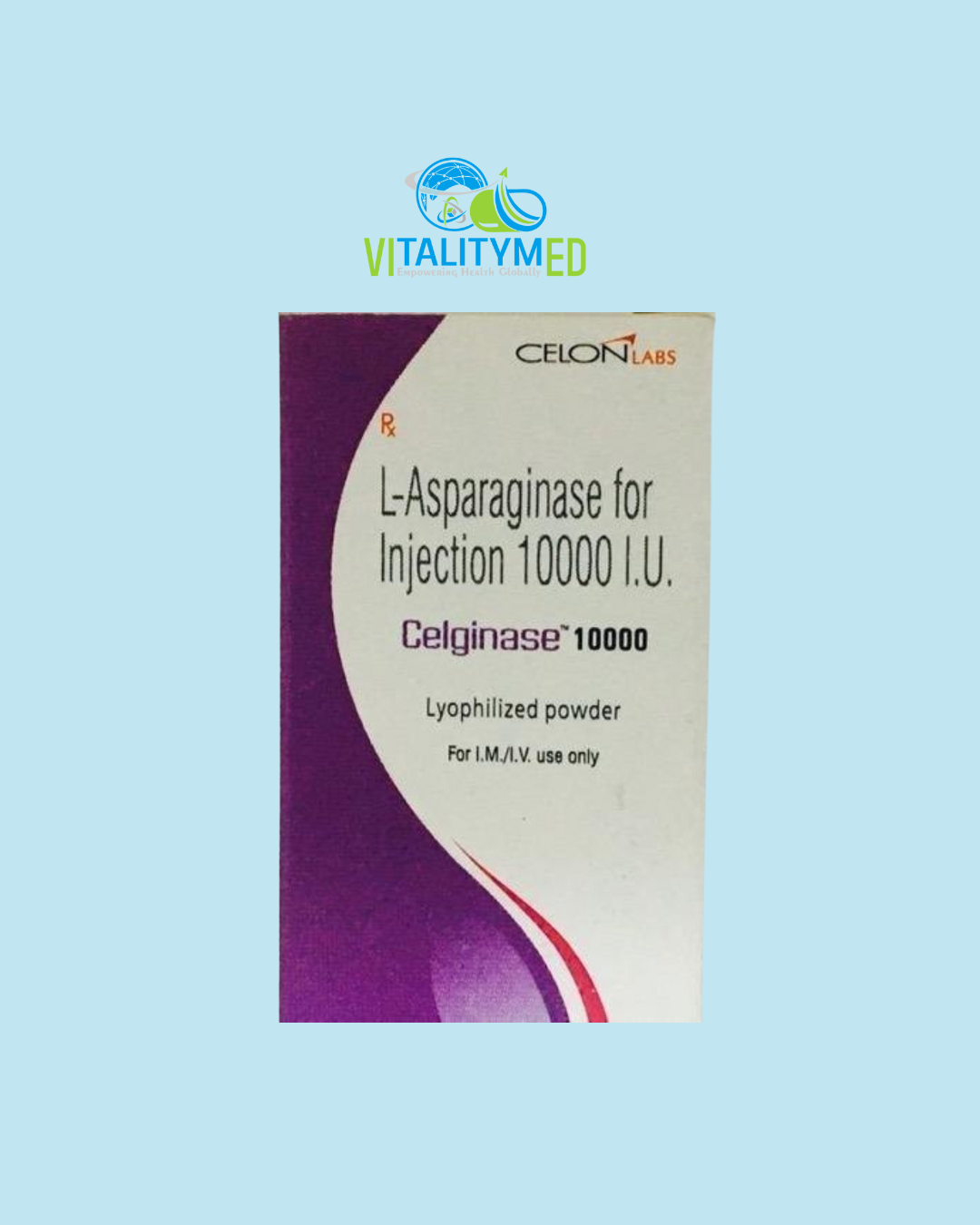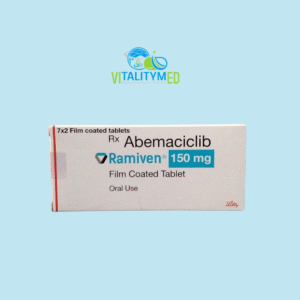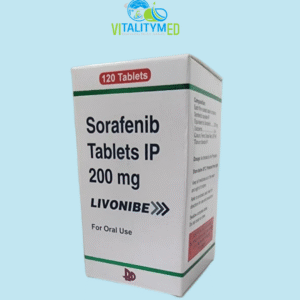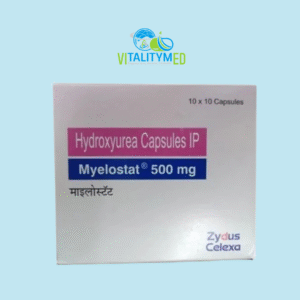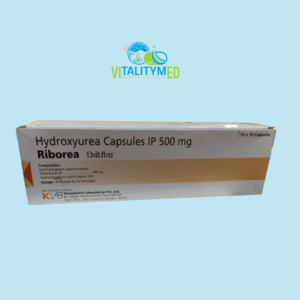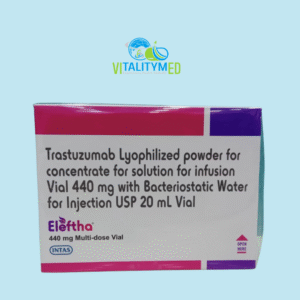Celginase contains L-Asparaginase, an enzyme-based chemotherapy medicine used in the treatment of certain blood cancers. It is primarily indicated for acute lymphoblastic leukemia, especially in children. Unlike traditional chemotherapy drugs, L-Asparaginase targets a specific weakness in cancer cells by depriving them of an essential amino acid, making it a unique and valuable option in combination chemotherapy regimens.
Mechanism of Action
L-Asparaginase works by breaking down asparagine, an amino acid that certain cancer cells are unable to produce on their own. Normal cells can make asparagine internally, but leukemia cells depend on external sources for their survival. By removing asparagine from the bloodstream, L-Asparaginase starves these malignant cells, impairing their ability to grow and reproduce, ultimately leading to cell death. This mechanism makes it especially effective in targeting lymphoblasts in acute lymphoblastic leukemia.
Uses
Celginase is most commonly used in the treatment of acute lymphoblastic leukemia, particularly in pediatric patients. It is often part of multi-agent chemotherapy protocols. It may also be used in certain off-label or research-based protocols involving other hematologic cancers, depending on patient-specific factors and treatment goals.
Adverse Effects
L-Asparaginase can cause several side effects that require careful monitoring. Common side effects include allergic reactions, nausea, vomiting, and changes in liver function. In some cases, more serious complications such as pancreatitis, blood clotting abnormalities, or suppression of bone marrow function may occur. Because of its enzyme-based nature, hypersensitivity reactions including rashes, breathing difficulties, or anaphylaxis are important concerns. Regular blood tests and clinical observation are essential during therapy to ensure safety and manage any complications early.

